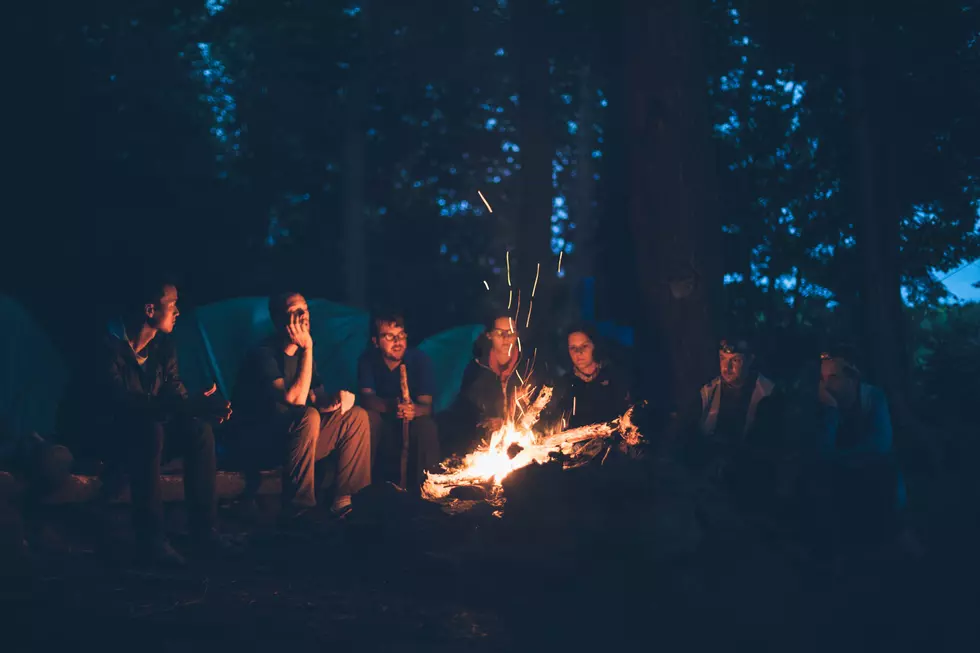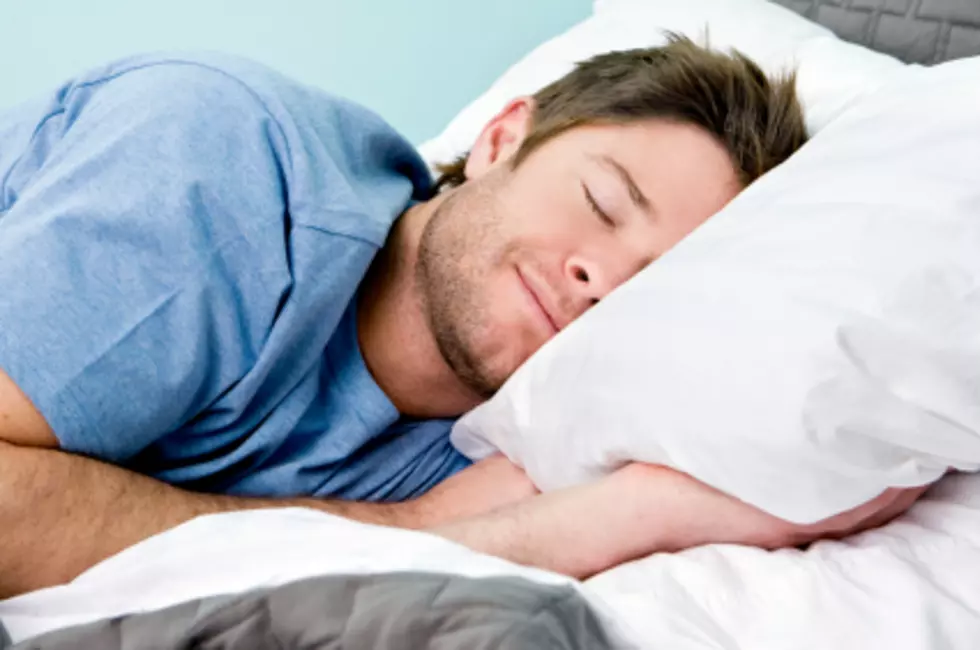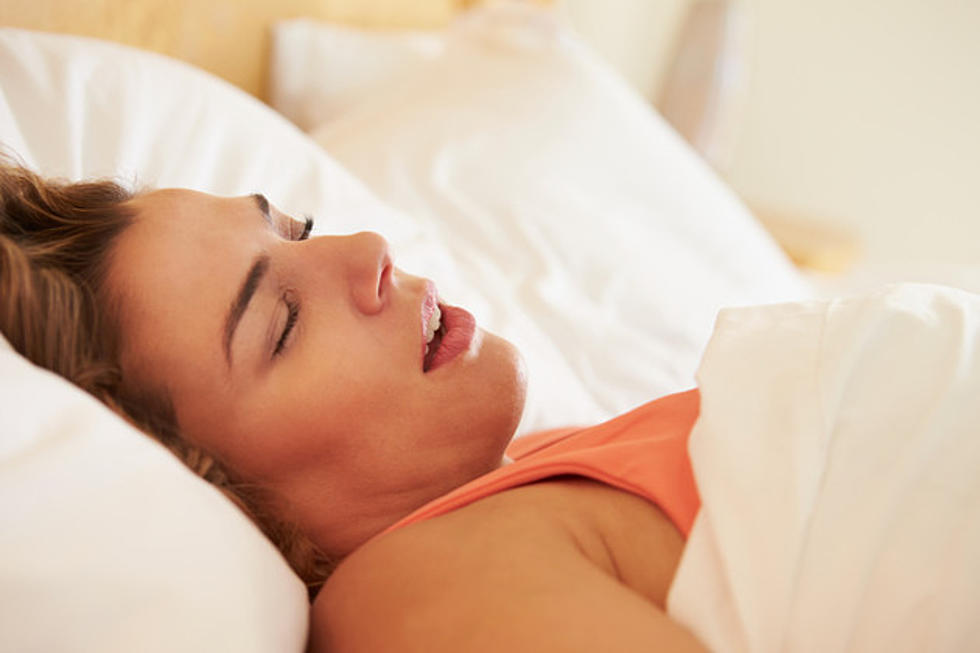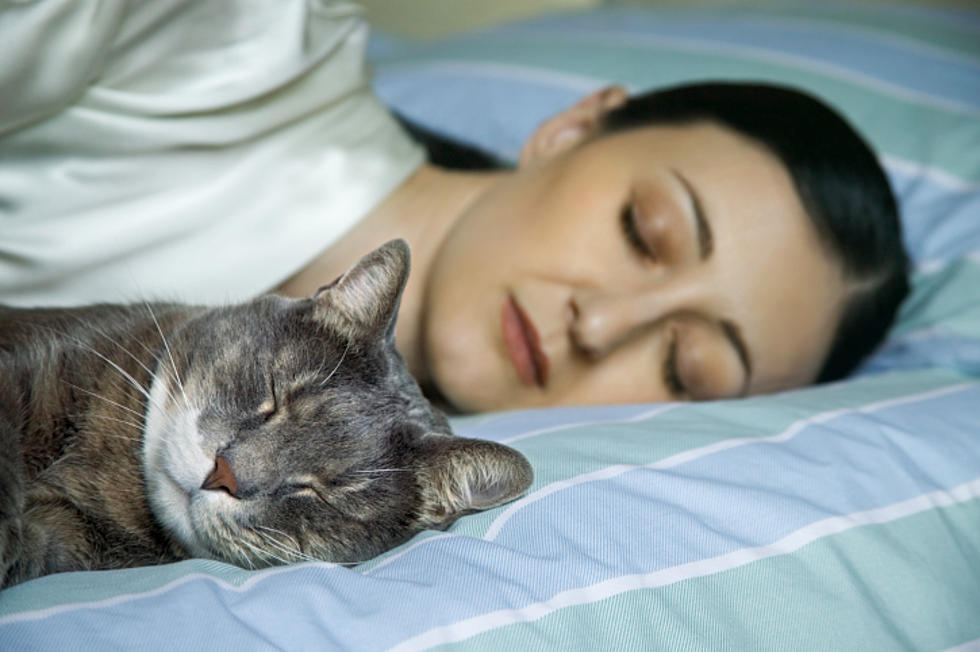
Are You Exhausted? Turns Out, Idahoans Are Way Too Sleep Deprived
For some strange reason in our society, we tend to glorify not receiving enough sleep.
We loooooove telling other people how exhausted we are, like we’re having some sort of secret competition against one another.
“Oh, you’re exhausted?
Well I only got four hours of sleep last night.”
We attempt to hide and bury our exhaustion with coffee and energy drinks, creeping through our lives like zombies.
But did you know? Sleep deprivation is not something to take lightly…
In fact, it’s actually a really big deal, especially if you consistently aren’t getting enough sleep.
Why is sleep important?
Sleep is an essential function in everyone’s day-to-day life – it’s a basic human need, like eating, drinking and breathing.
It is a time of rest, renewal, rejuvenation and restoration, and it is vital for our general well-being.
According to the Sleep Foundation, it “allows your body and mind to recharge, leaving you refreshed and alert when you wake up.”
It also conserves energy, helps with brain processing and cognitive maintenance, boosts memory and is important for productivity.
Simply put, sleep is absolutely priceless.
Consequences of sleep deprivation
Not receiving enough sleep can lead to a myriad of health and cognitive issues, including:
- Medical conditions, such as obesity, high blood pressure, type 2 diabetes, heart disease, stroke and early death
- More likely to get sick (cold and flu) and/or diseases
- Linked to poor mental health, mood shifts, stress and depression
- Impairs concentration, memory processing, reaction times and the ability to think clearly
How much sleep do Idahoans get?
According to the United Health Foundation, Idahoans are actually getting more sleep than the average American, which is promising news.
Between the ages of 18-44, the average number of Idahoans who are receiving an insufficient amount of sleep is 32.6%.
Whereas the average number of Americans not getting enough sleep (in that same age bracket), is 34.7%.
However, although we’re doing better than the national average, almost one-third of Idahoans are still sleep deprived.
Their findings also gave some interesting facts…
According to the study by the United Health Foundation:
- Women tend to receive better sleep than men
- Those with higher incomes sleep better
- College graduates sleep better than any other education level
- The older you are, the better you sleep
- When it comes to race/ethnicity, Whites sleep better than Multiracials, Hispanics and American Indians/Alaska Natives.
So, how much sleep should you be getting?
According to the Sleep Foundation, each age group typically needs a certain amount of sleep:
Newborns (0-3 months): Between 14-17 hours
Infants (4-11 months): Between 12-15 hours
Toddlers (1-2 years): Between 11-14 hours
Preschoolers (3-5 years): Between 10-13 hours
School-Aged Kids (6-13 years): Between 9-11 hours
Teenagers (14-17 years): Between 8-10 hours
Younger Adults (18-25 years): Between 7-19 hours
Adults (26-64 years): Between 7-9 hours
Older Adults (65 years+): Between 7-8 hours
Got The Blues? 17 Ways to Ease Depression
Gallery Credit: Stephanie Gull
Guess What Time It Is, Idaho? Farmer's Market Season, Babyyy
Gallery Credit: Stephanie Gull
Booze, Trivia, Food and Friends in the Boise Area? Say Less.
Gallery Credit: Stephanie Gull
It's the Season for Boise's Most Obnoxiously Fun Pastime
Gallery Credit: Stephanie Gull
12 Boise Brunch Spots With Patio Seating, Perfect For Spring
Gallery Credit: Stephanie Gull
More From Mix 106










